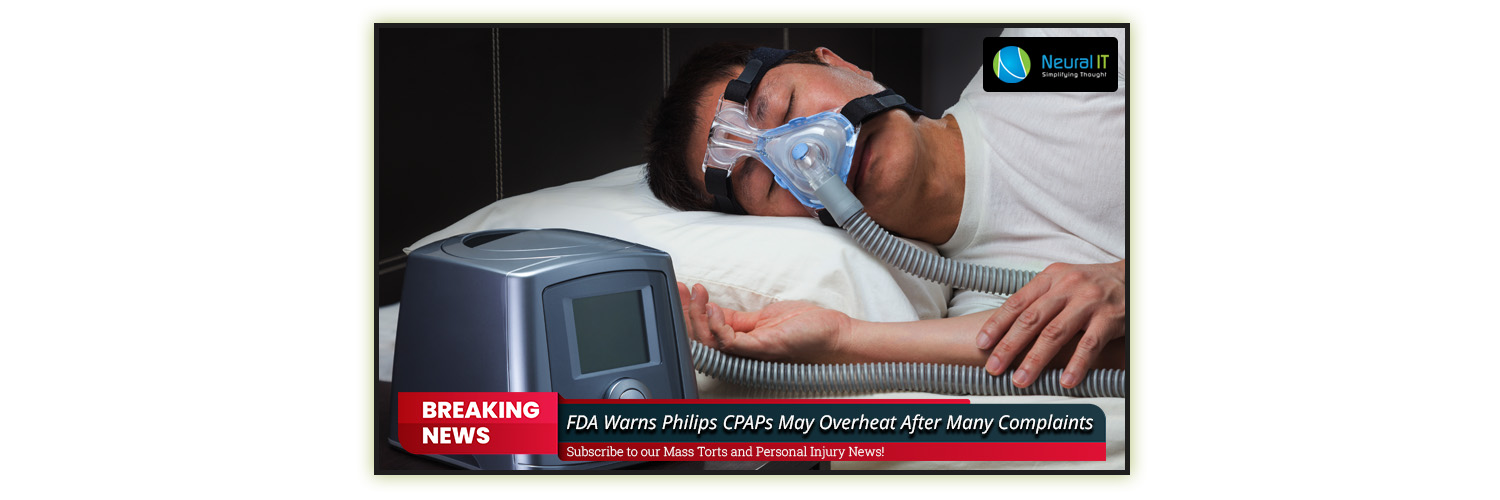
In 2021, Philips issued a recall for millions of CPAP and BiPAP machines, citing a risk associated with toxic sound abatement foam breakdown, potentially causing cancer, respiratory issues, and other health problems.
Now, officials are cautioning about potential overheating and fire hazards with the replacement machines, Philips DreamStation 2. The U.S. Food and Drug Administration (FDA) released a Safety Communication, noting around 300 medical device reports (MDRs) related to overheating issues with DreamStation 2 CPAP machines, resulting in fires, smoke, and user burns.
Over the past four months, there has been a notable surge in reported DreamStation 2 devices overheating and causing burn injuries, prompting an investigation into the root cause of the problem with the manufacturer.
Introduced alongside a massive CPAP machine recall in mid-2021, the DreamStation 2 featured a defective polyester-based polyurethane (PE-PUR) foam intended to reduce noise during use. However, the recalled machines using PE-PUR foam were found to release harmful particles and chemicals into the air pathways, posing serious health risks.
Despite the ongoing FDA monitoring of over 105,000 medical device reports related to Philips CPAP, BiPAP, and ventilator devices subjected to the 2021 recall—many linked to PE-PUR foam side effects—the agency is now alerting the public to new overheating concerns with the DreamStation 2.
As of August 1, 2023, the FDA was aware of 30 MDRs involving DreamStation 2 thermal issues. However, a subsequent spike of 270 additional thermal events between August 1 and November 15, 2023, has raised concerns about potential electrical or mechanical malfunctions.
The DreamStation 2 machines use silicone-based foam, distinct from the problematic PE-PUR foam, and were not part of the June 2021 recall. However, some were distributed as replacements for users affected by the recall, prompting the FDA to issue a warning.
While officials believe the silicone-based foam is not the cause of the overheating, an ongoing investigation advises users to carefully monitor their devices for signs of overheating.
Philips faces mounting lawsuits, alleging the company delayed warnings and recalls related to the toxic foam until after developing and selling the DreamStation 2. An FDA investigation revealed Philips withheld over 220,000 consumer complaints, indicating a recurrent issue with the sound abatement foam before the recall.




